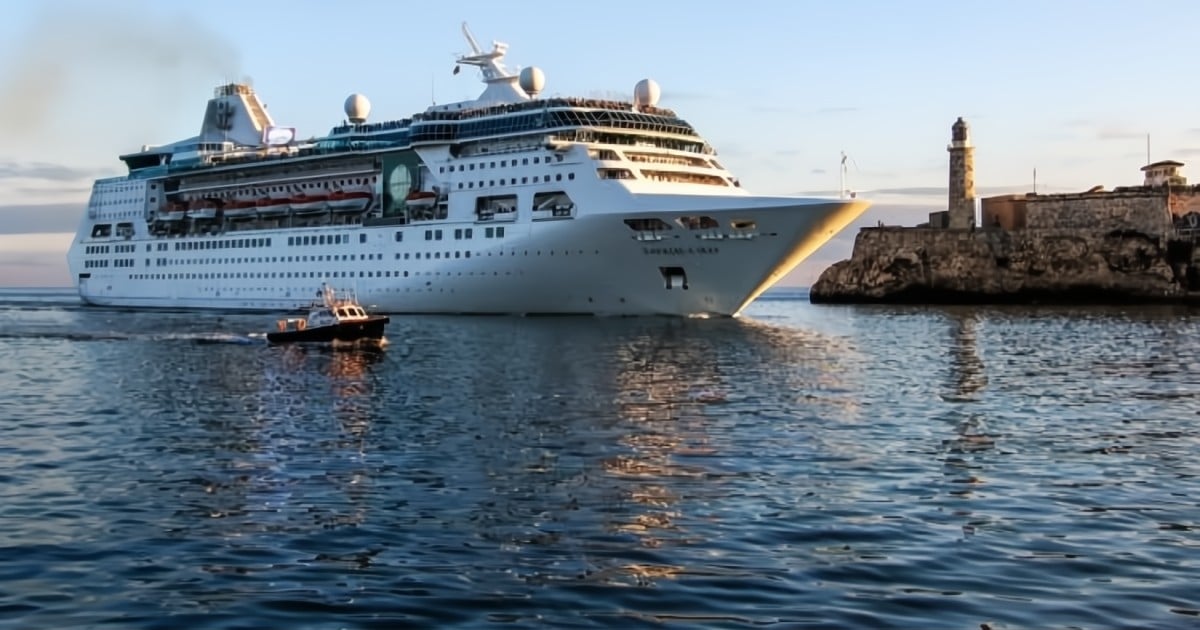
Related videos:
The Supreme Court of the United States will review a high-profile case in which Havana Docks Corporation accuses several cruise companies, including Royal Caribbean Cruises, Ltd., of violating the embargo against Cuba by using port facilities confiscated after the Cuban revolution.
The legal process has escalated to the Eleventh Circuit Court of Appeals, which recently granted a stay of the mandate in favor of the plaintiff.
According to the resolution of the Eleventh Circuit, the mandate is suspended until March 20, 2025, pending the filing of a petition for certiorari before the Supreme Court.
If during this period the plaintiff demonstrates that they have registered that request, the suspension will remain in effect until the Supreme Court issues a final ruling. Otherwise, the mandate will be issued immediately.
The case, registered under appeal numbers 23-10151 and 23-10171, pits Havana Docks Corporation against several international cruise companies, including Norwegian Cruise Line Holdings Ltd., Carnival Corporation, and MSC Cruises SA, as well as Royal Caribbean.
The lawsuit focuses on the allegation that these companies used, without authorization, port properties expropriated by the Cuban government, which allegedly constitutes a violation of the U.S. embargo under the Title III of the Helms-Burton Act.
The court's decision emphasizes that the Supreme Court will only request the transmission of the file if it is necessary for the justices to make a decision on the case.
Meanwhile, the Clerk of the Eleventh Circuit, David J. Smith, reported that the proceedings will remain under custody pending any notification from the Supreme Court.
Between 2016 and 2019, these four major cruise lines made 912 trips to Cuba, generating over 1.115 billion dollars in revenue.
These operations included contracts with Cuban government agencies, which, according to court documents, could constitute a violation of U.S. embargo regulations.
In December 2022, Federal Judge Beth Bloom ruled that these companies had committed "trafficking acts" and participated in "prohibited tourism" by using port facilities in Havana that were confiscated without compensation following the Cuban Revolution.
As a result, the companies were ordered to pay 400 million dollars in damages to Havana Docks Corporation.
However, in October 2024, the Eleventh Circuit Court of Appeals of the United States overturned this ruling, arguing that Havana Docks' property rights had expired in 2004. Therefore, the activities of the cruise lines between 2016 and 2019 did not constitute illegal "trafficking" under U.S. law.
This case represents a significant challenge for the cruise lines involved, as it could establish an important precedent regarding the application of economic sanctions and the protection of property rights under U.S. law.
The final outcome of the litigation will depend on the review by the highest court, which prolongs the anticipation surrounding a case that has attracted attention in both the United States and Cuba.
Frequently Asked Questions about the cruise lines case and the embargo on Cuba
Which cruise companies are involved in the lawsuit for violating the embargo against Cuba?
The companies involved in the lawsuit are Royal Caribbean Cruises, Ltd., Norwegian Cruise Line Holdings Ltd., Carnival Corporation, and MSC Cruises SA. These companies are accused of using confiscated port facilities in Cuba, which allegedly violates the U.S. embargo under Title III of the Helms-Burton Act.
What is the legal basis for the lawsuit against the cruise companies?
The lawsuit is based on the accusation that cruise companies used port properties in Cuba that were confiscated after the Cuban Revolution, which, according to the plaintiffs, constitutes a violation of the U.S. embargo under Title III of the Helms-Burton Act. This title allows U.S. citizens to sue companies that traffic in properties confiscated by the Cuban government.
What has been the ruling of the Court of Appeals on this lawsuit?
In October 2024, the Eleventh Circuit Court of Appeals overturned the initial ruling that imposed a $400 million fine on the cruise companies, arguing that Havana Docks' property rights had expired in 2004. Therefore, the activities of the cruise lines between 2016 and 2019 did not constitute "illegal trafficking" under U.S. law.
What does the review of the case by the Supreme Court of the United States imply?
The Supreme Court's review of the case could set an important precedent in the enforcement of economic sanctions and the protection of property rights under U.S. law. If the Court rules in favor of Havana Docks, it could strengthen the ability to sue foreign companies that utilize confiscated properties in Cuba.
Filed under: